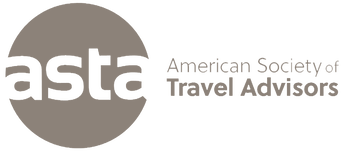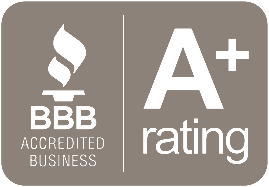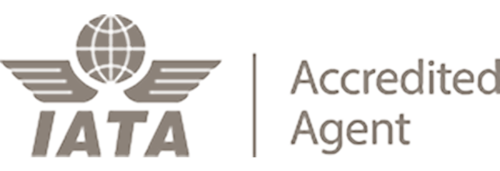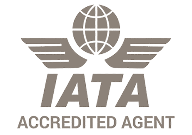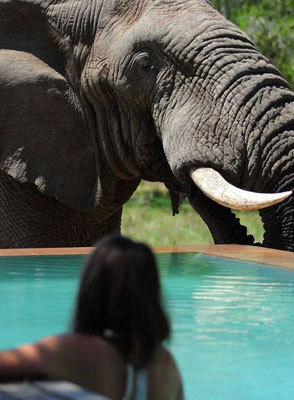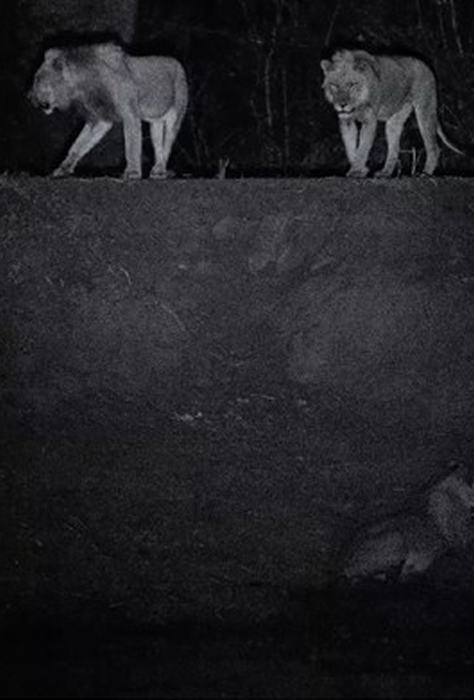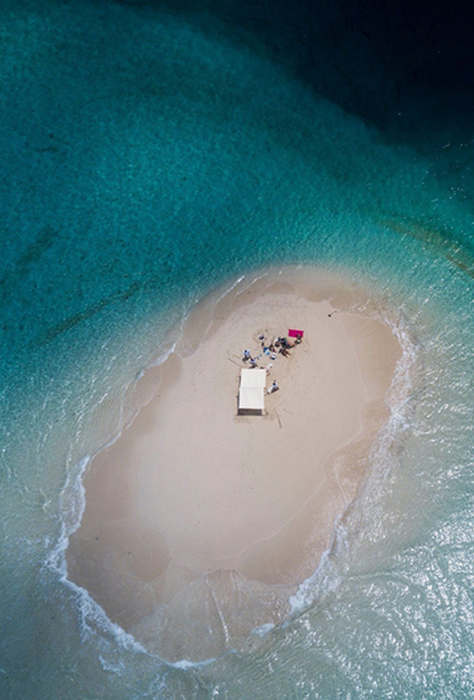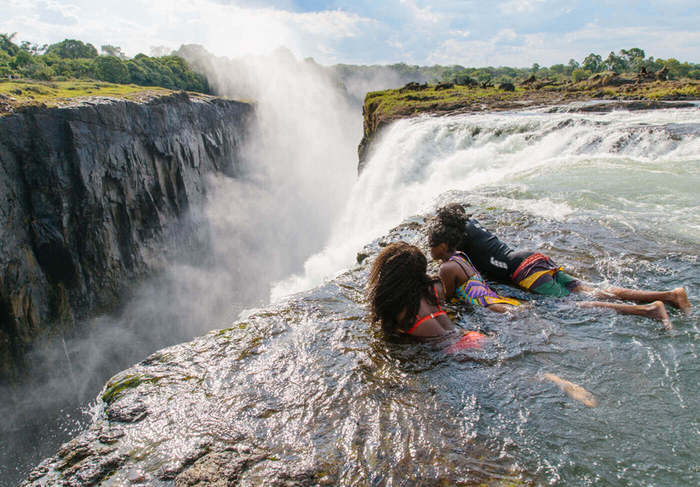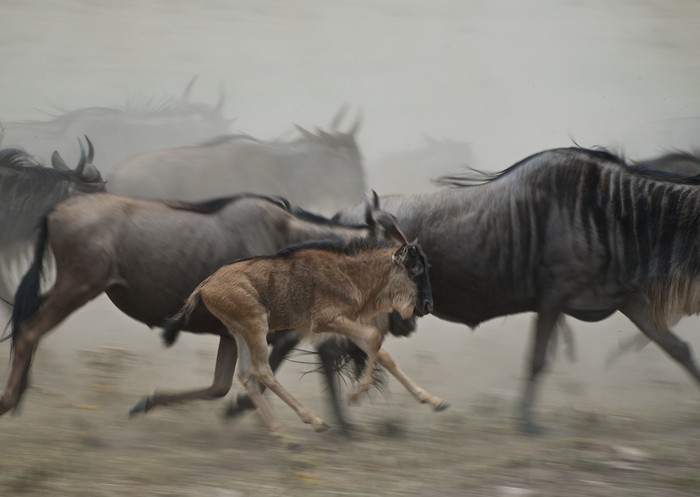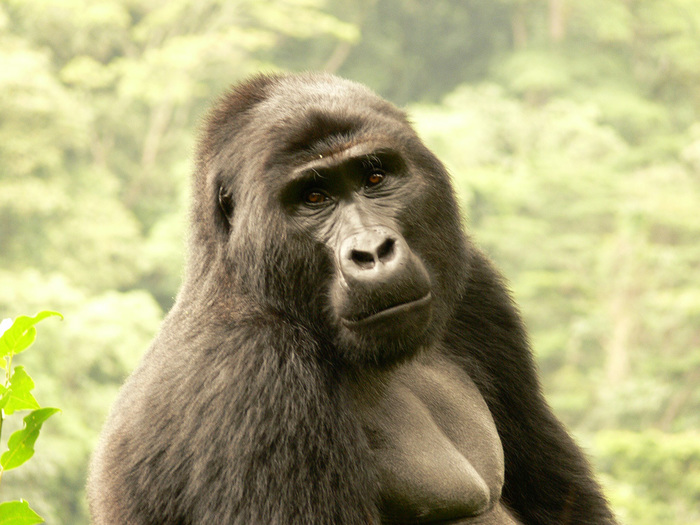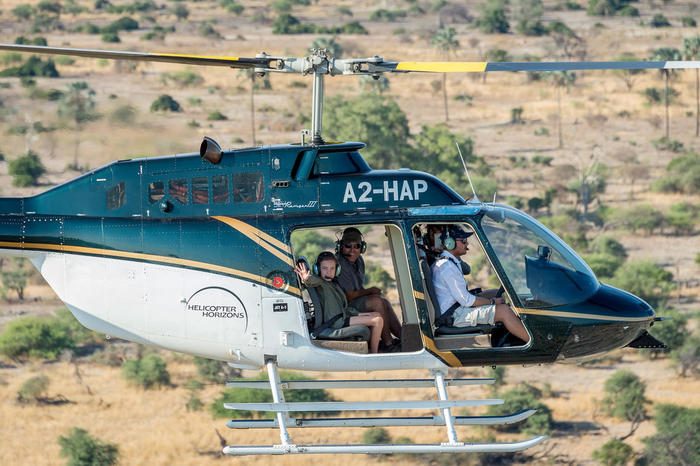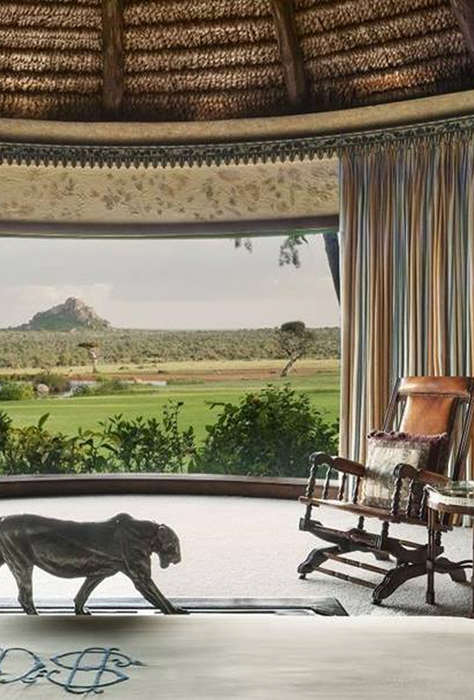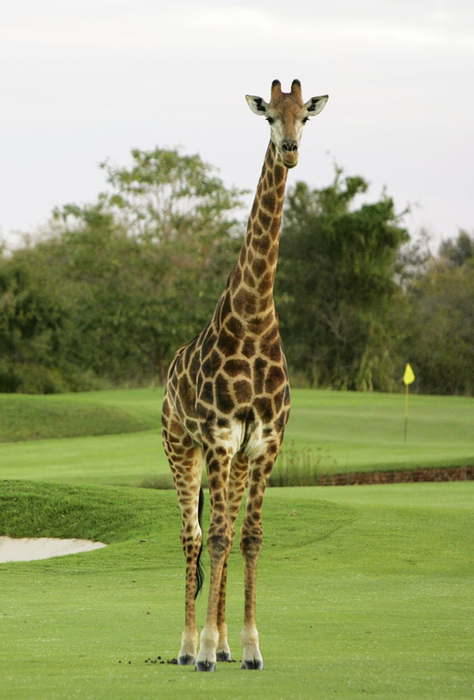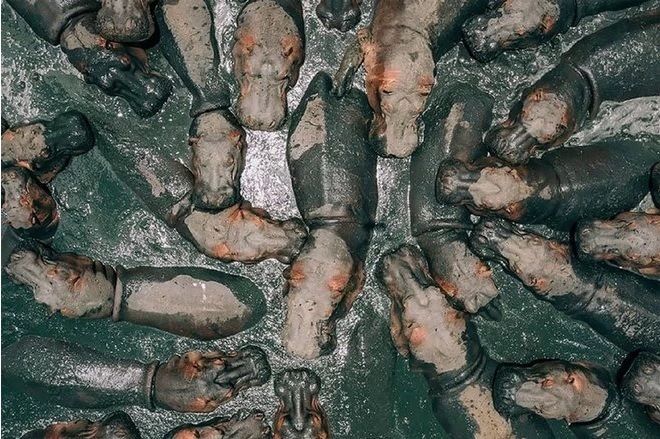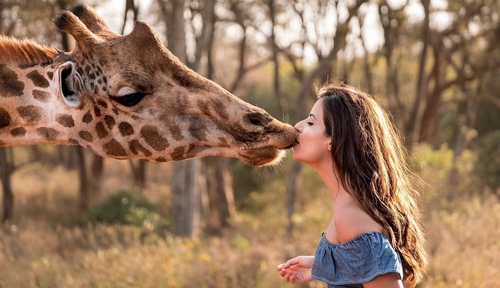
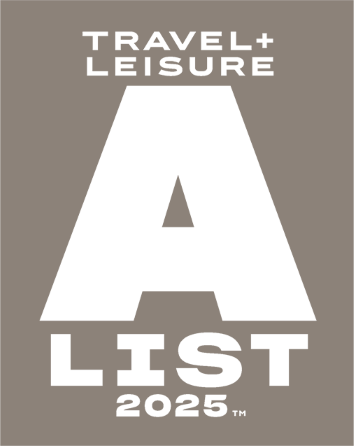
Travel + Leisure recognize Ian Proctor from Ultimate Africa Safaris as one of the most influential vacation specialists in the world.
ALSO SEEN IN


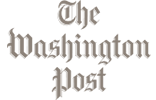


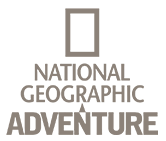


WE LOVE AFRICA
and want you to fall head over heels with it too
Meet Ian Proctor, a trusted safari planner with 30 years in the game. He has stayed at over 410 of Africa's top lodges, camps and hotels and visited hundreds more.
He works tirelessly planning high touch African adventures for a limited number of discerning travelers. With 3 decades of connections he is your backstage pass to the world of high end African travel.
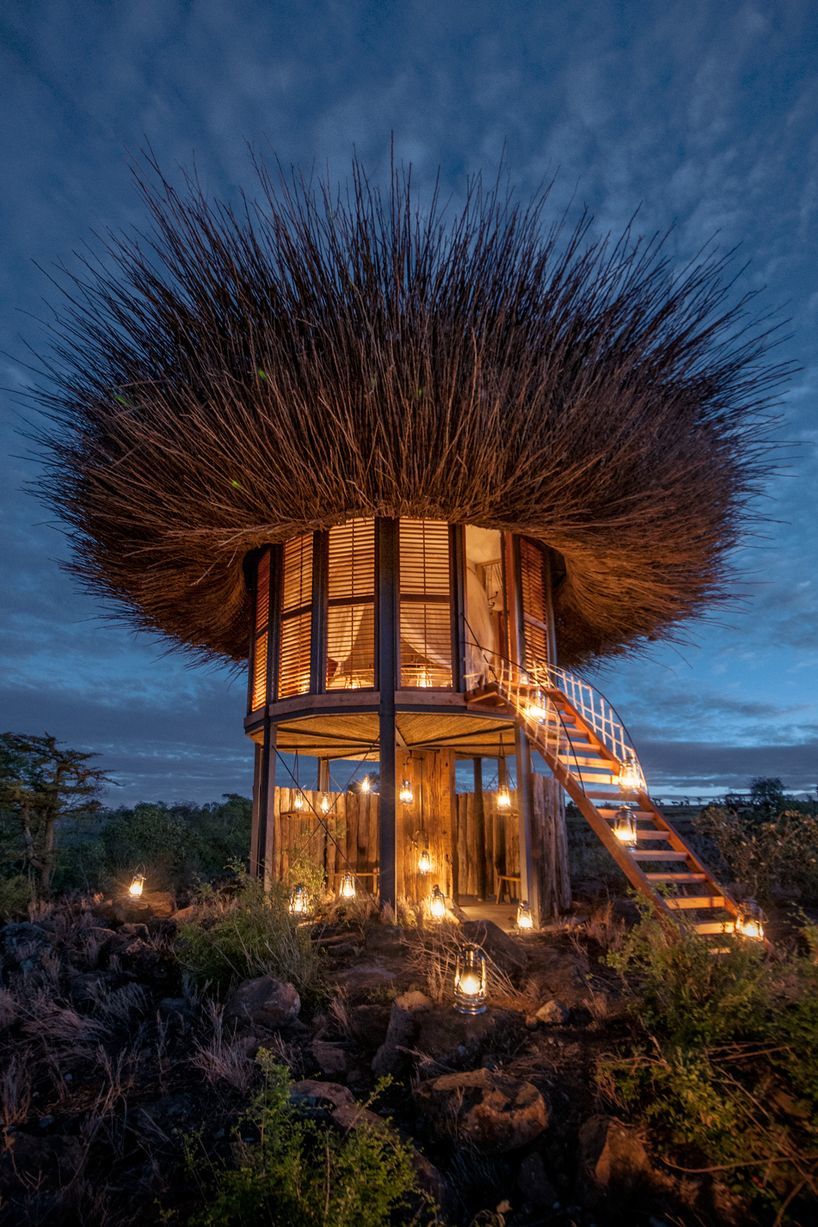
all safaris are not equal
other companies will tell you every destination is greaT
With 30 years in the safari game, I can tell you unequivocally - not all safaris are equal.
Across the safari regions there are huge differences in terms of what you see, how you see it, the quality of the guides, types of safari vehicles, activities on offer, crowding, insects, weather, safety and health concerns, red tape, luggage allowances, etc...
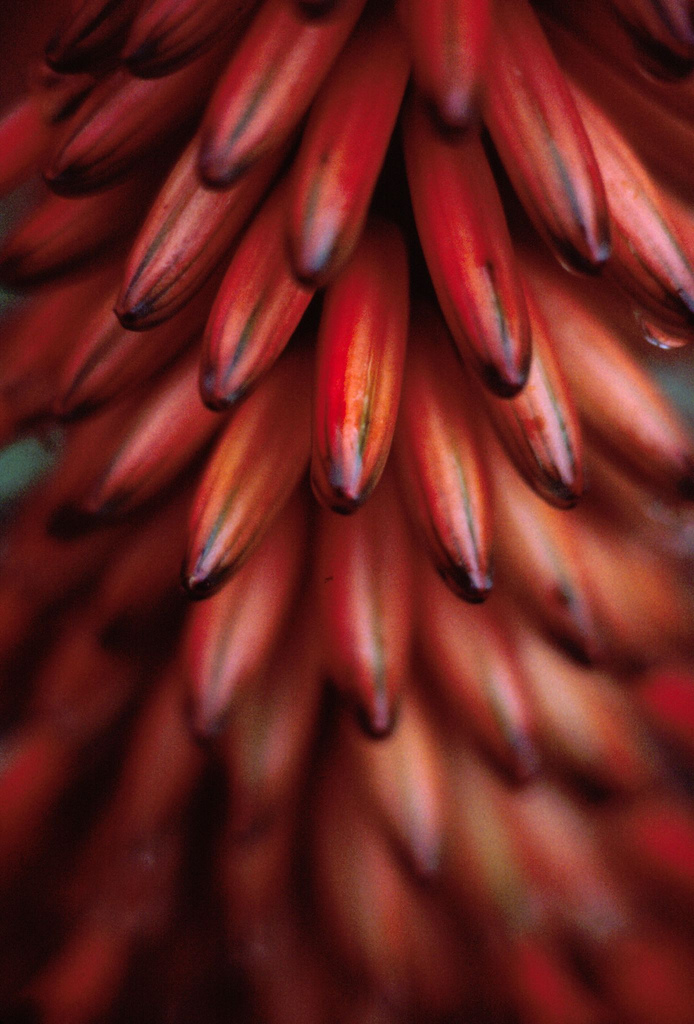
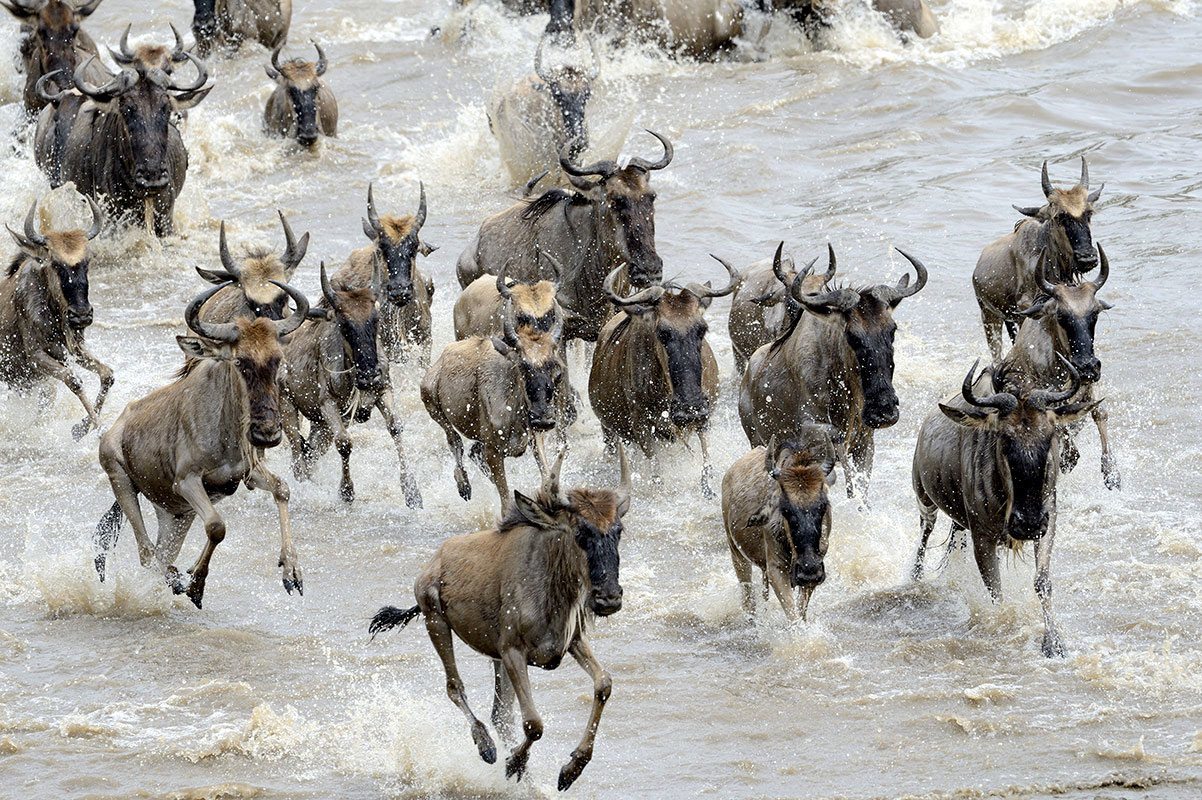
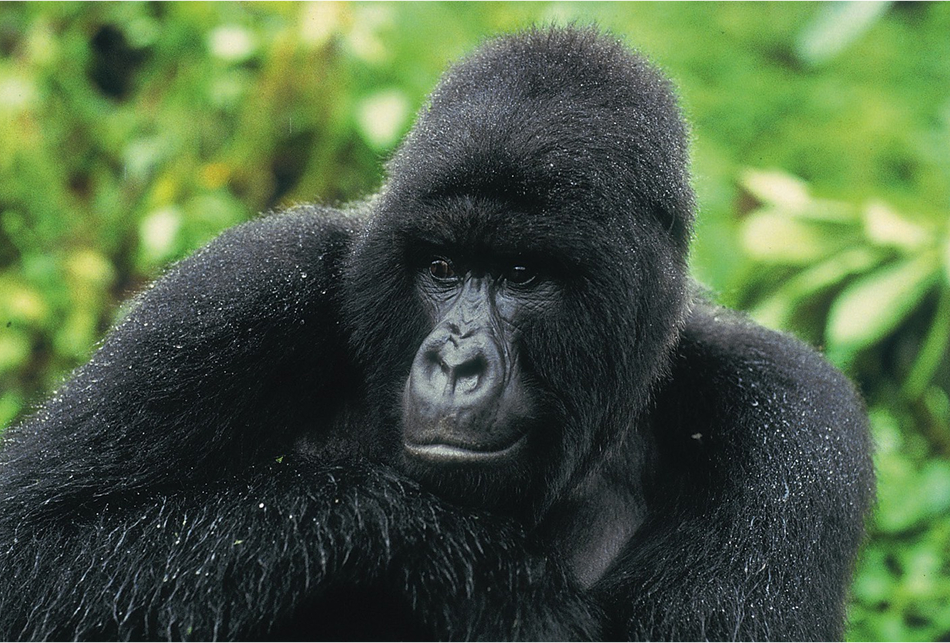
“Ian, you are total no BS pro.”
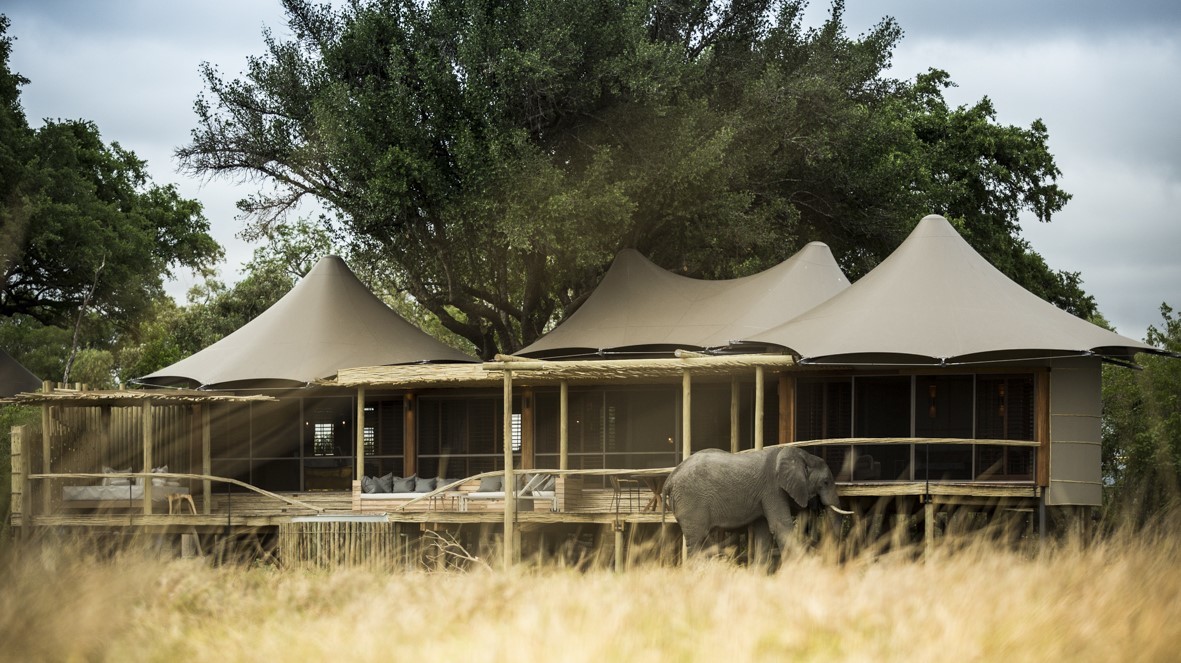
WHY UAS
you can’t vip yourself
Looking for a custom African adventure with more animals than you can shake a stick at?
Imagine a front row seat to Africa’s best wildlife, far from crowds with inspired local guides, and high-end intimate properties packed with personality. This is an Ultimate Africa Safari!
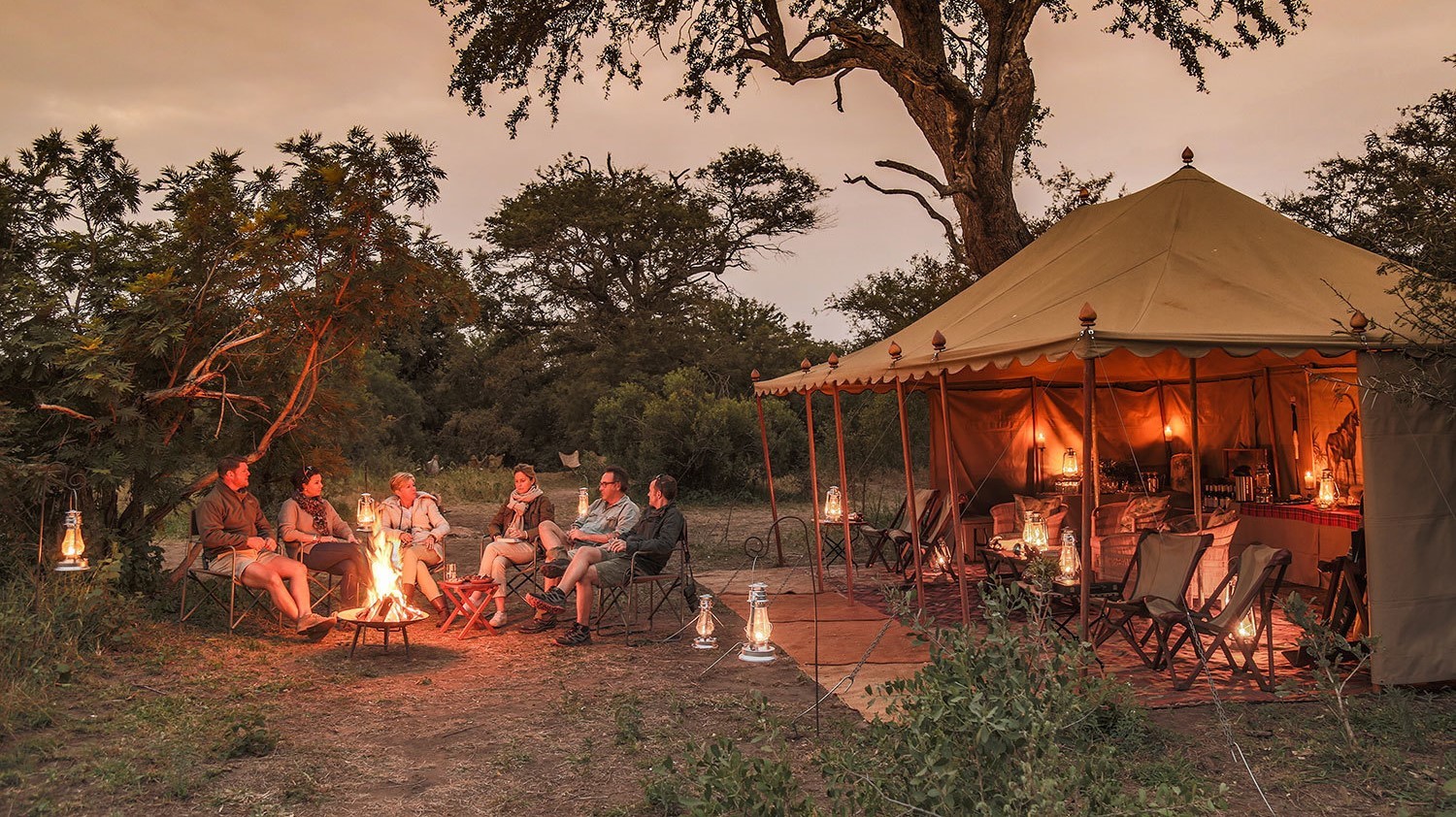
this is lifestyle travel
Feel less like a tourist, and more like you’re spending time with friends
“We received special treatment everywhere because we booked with you.”
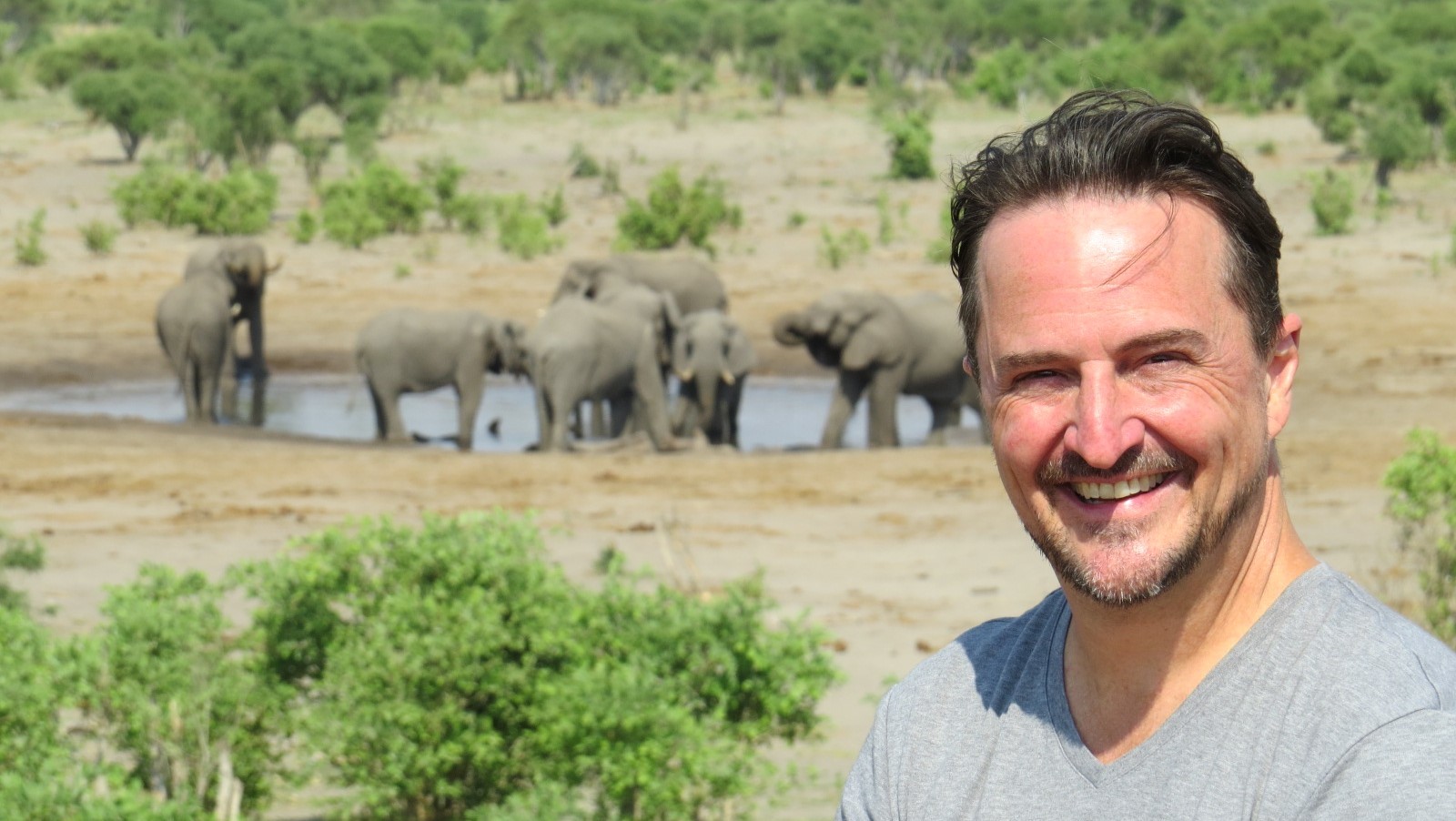
THIS IS THE LIFE
I am still just as excited as when I started!
"I work with discerning high end clients who want to experience Africa in the style they are accustomed to. It's lifestyle travel... people come to me for a high touch experience. They come because of who I know and my first person, insider knowledge."
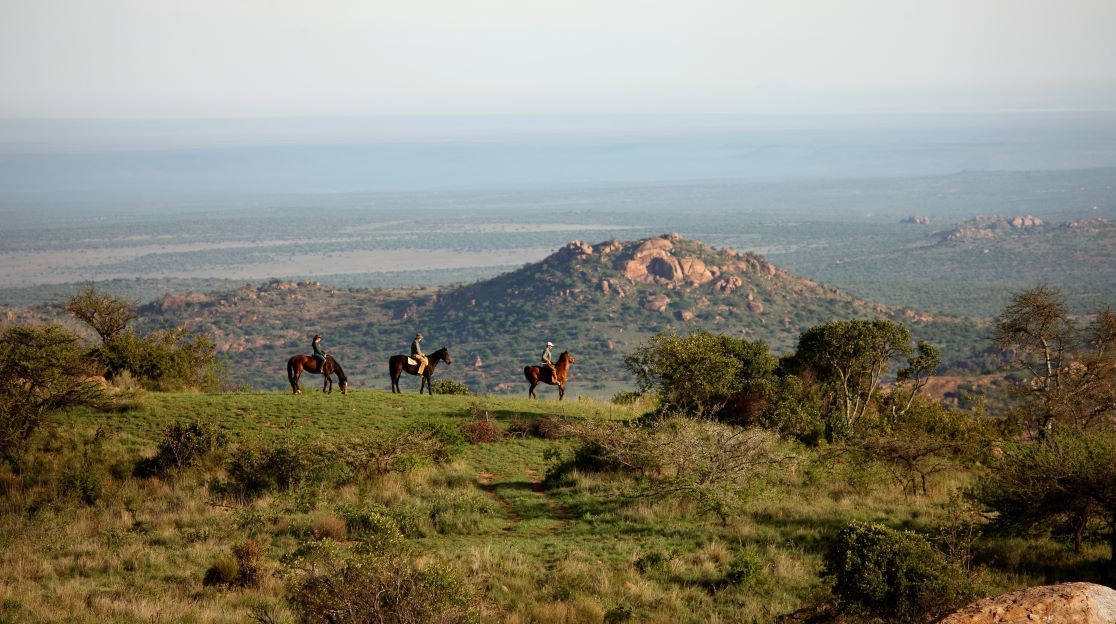
BLOG
BILLIONAIRE BOLTHOLES
Next level safari and conservation experiences in Africa
The 3 properties covered in this post are the next level of the luxury safari game... not only do they offer some of Africa's most prolific Big 5 game viewing (and in the case of the 3rd property phenomenal ocean / tropical island biodiversty) they have reached almost mythical status in the safari world as they are extraordinarily private and incredibly unique... they are one offs as are the experiences they offer.
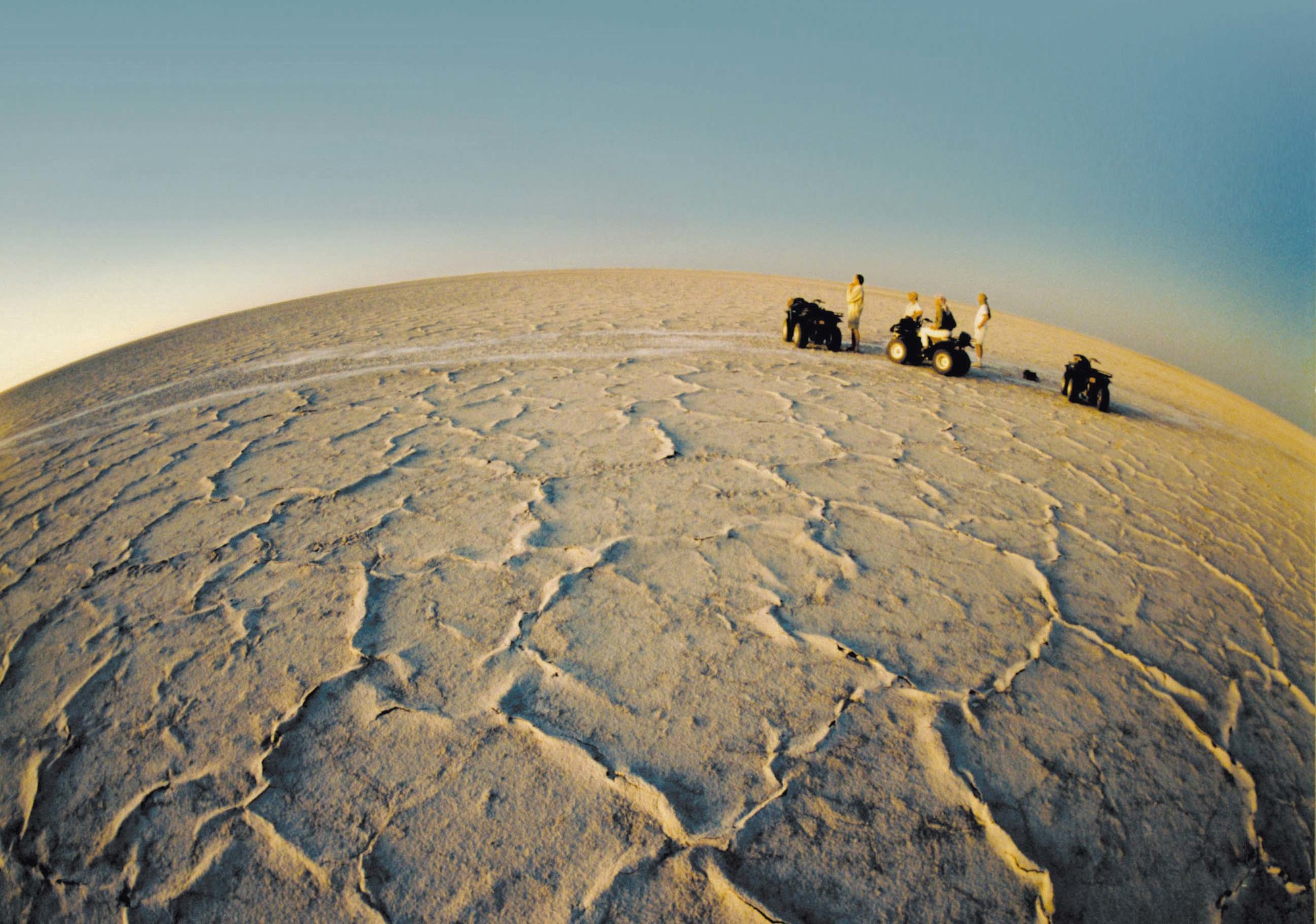
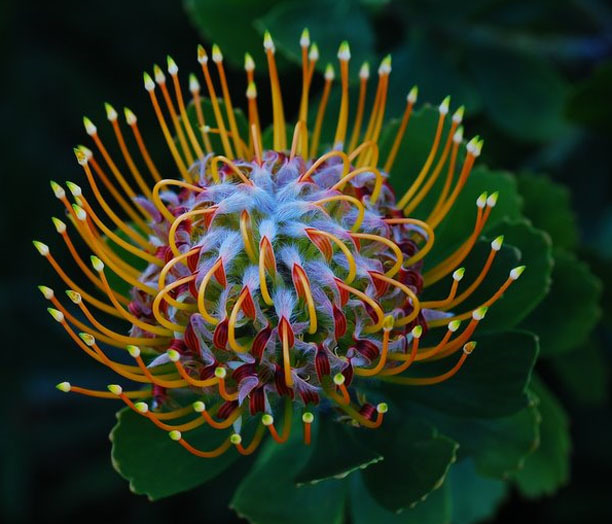

“You are the reason our trip was the best ever.
(and we’ve been on a lot of incredible adventures)”
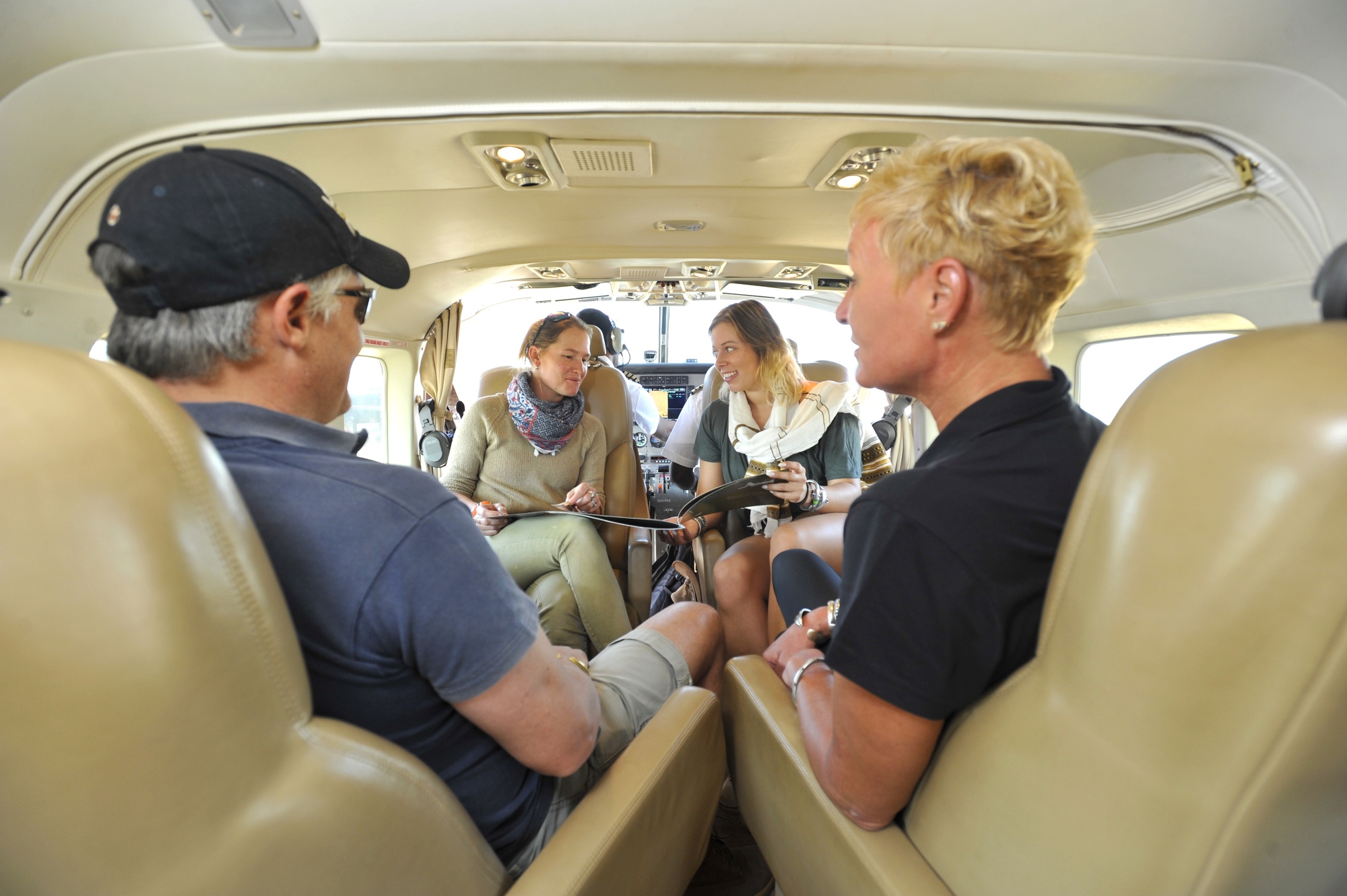
BLOG
THE SKIES THE LIMIT
FLYING is essential for those seeking a next level africa experience
Let me introduce you to your private pilot - the Iceman!
Murtaza 'Ice Man' Walijee has over 10,000 hours of bush flying in Africa. Not only is he is a certified flight instructor with an instrument rating, he can easily discuss geology, flora, and fauna as well.
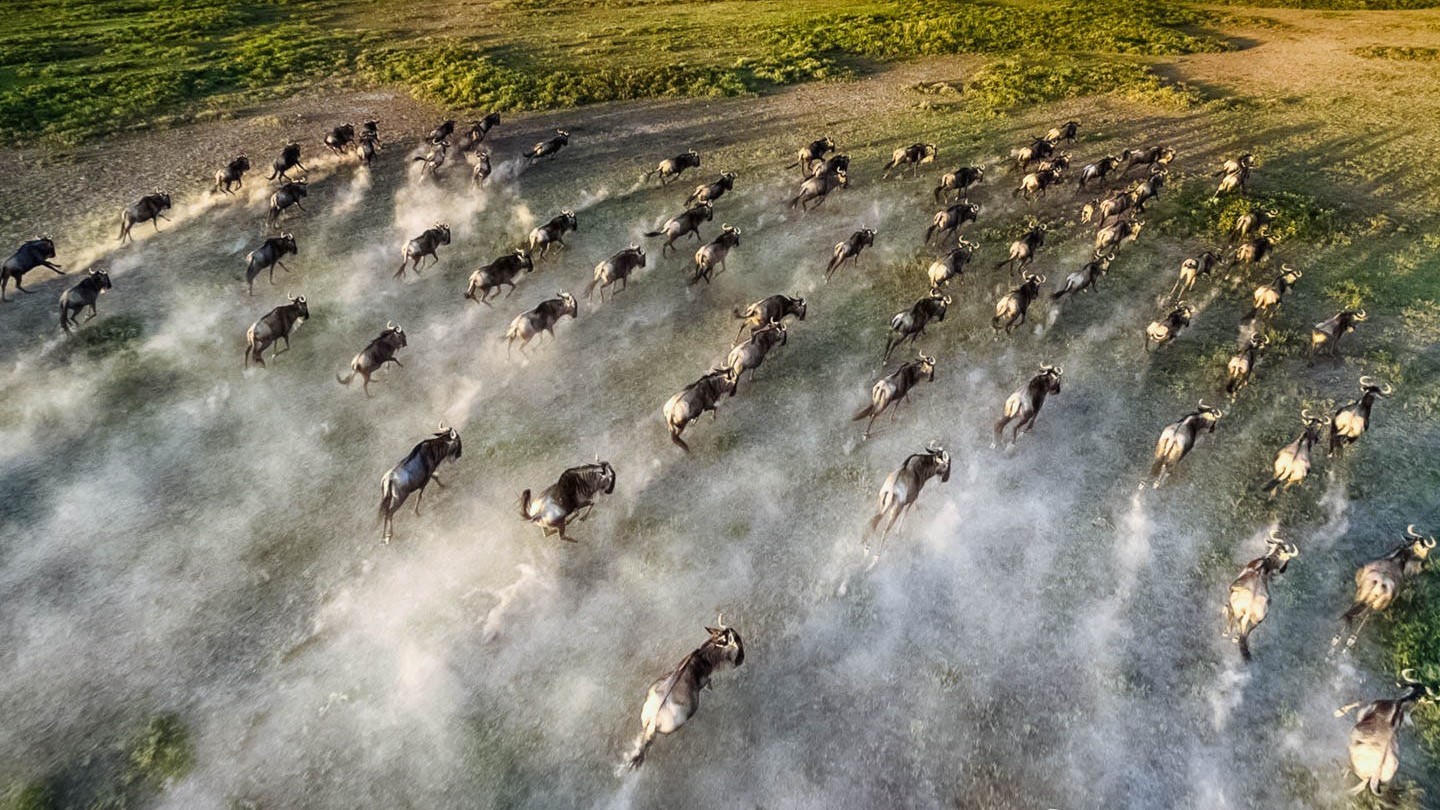
EXTRAORDINARY WITH PURPOSE
ian goes to great lengths to ensure that each safari uplifts local communities & supports conservation efforts
Our safaris not only feel good - they do good!
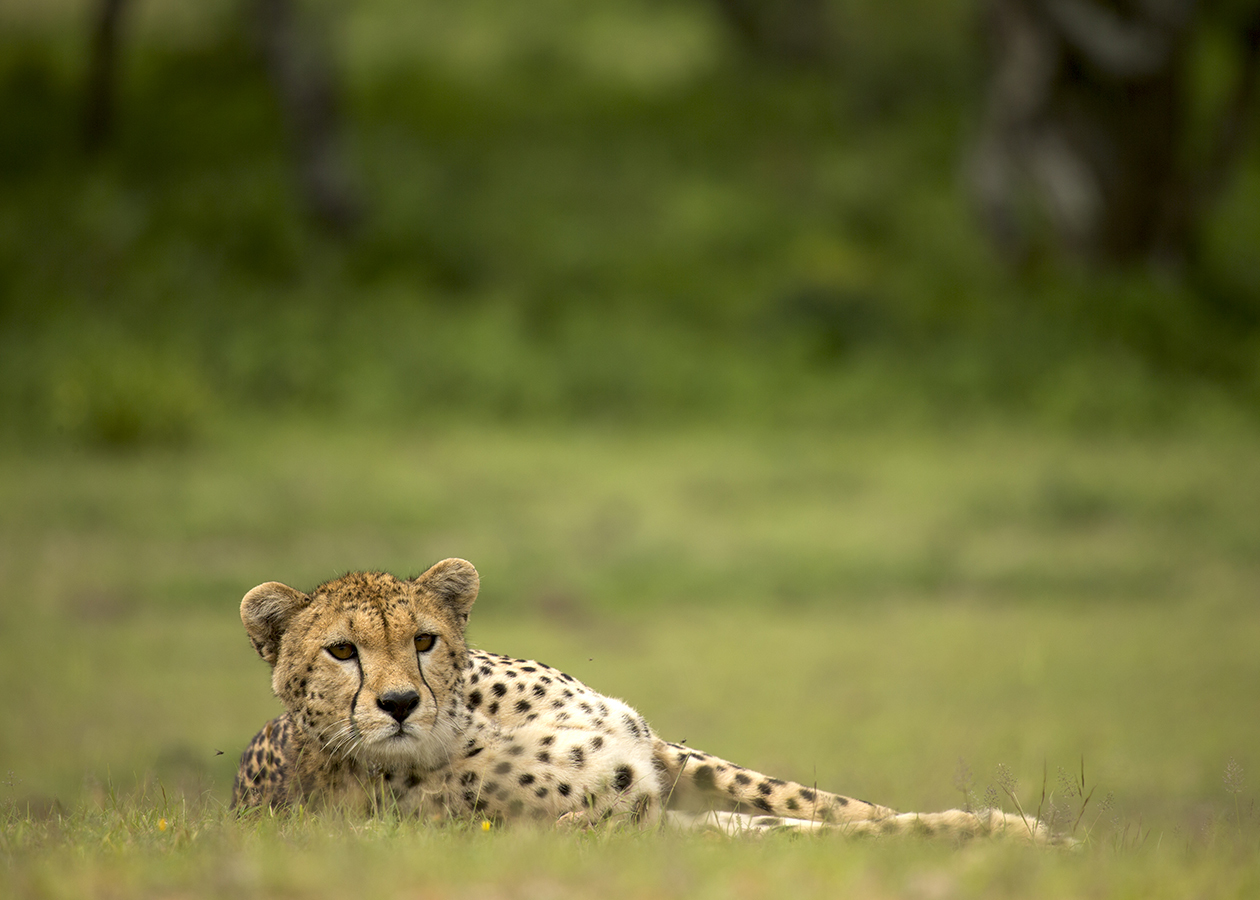
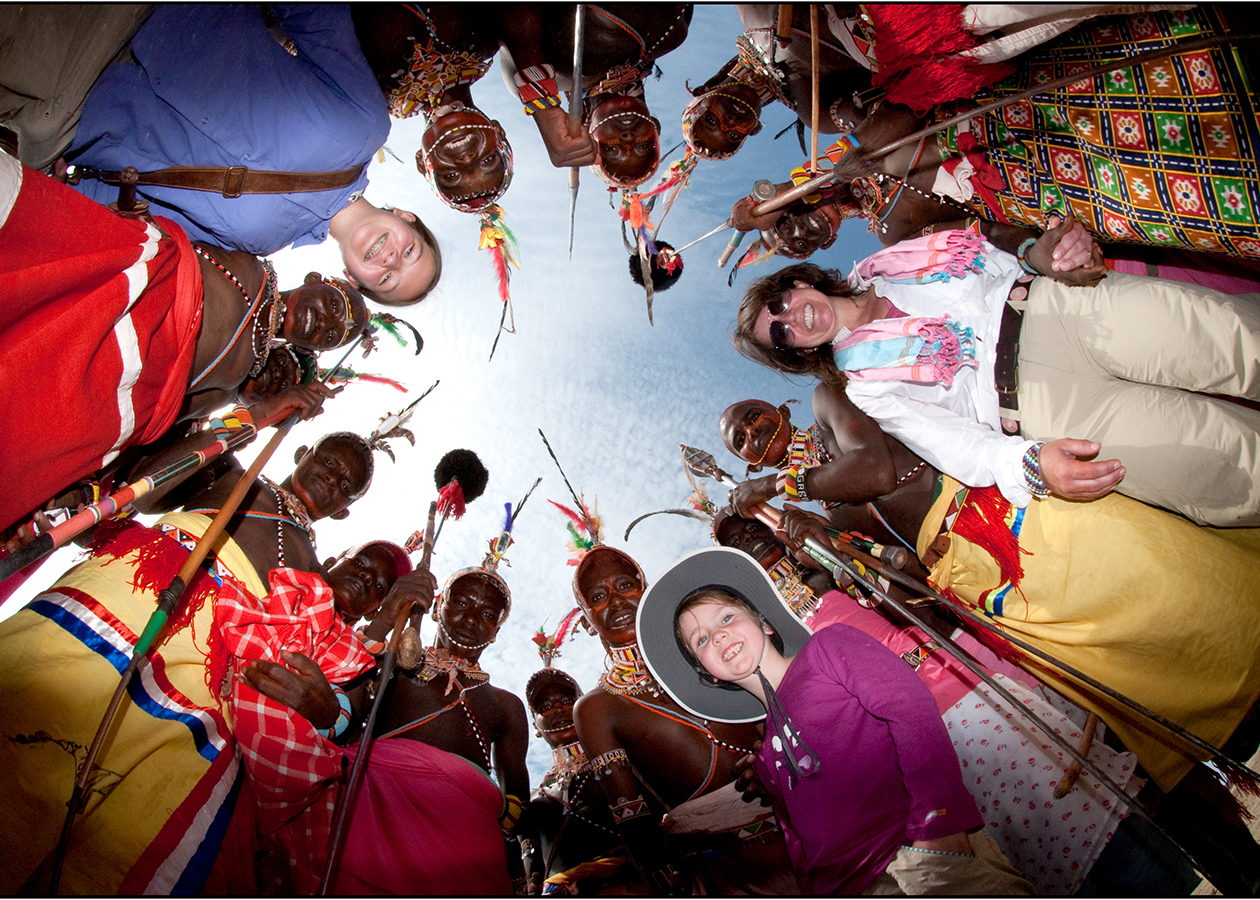
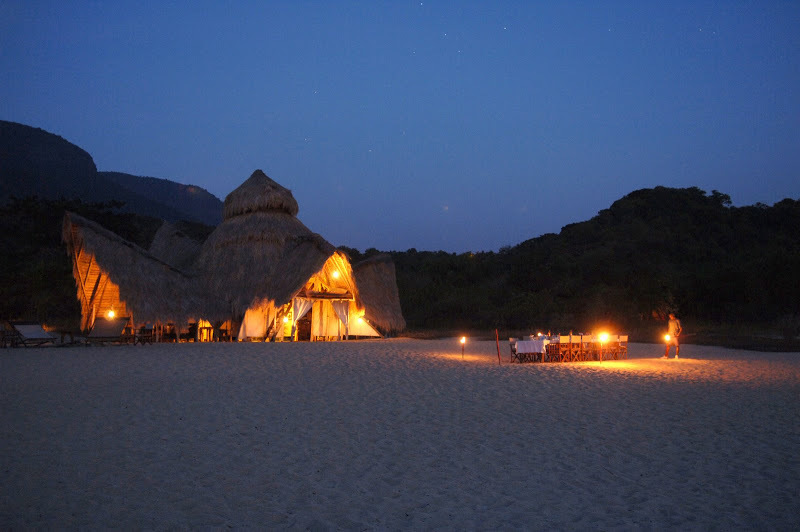
“This level of personal service and expertise is increasingly rare these days.”
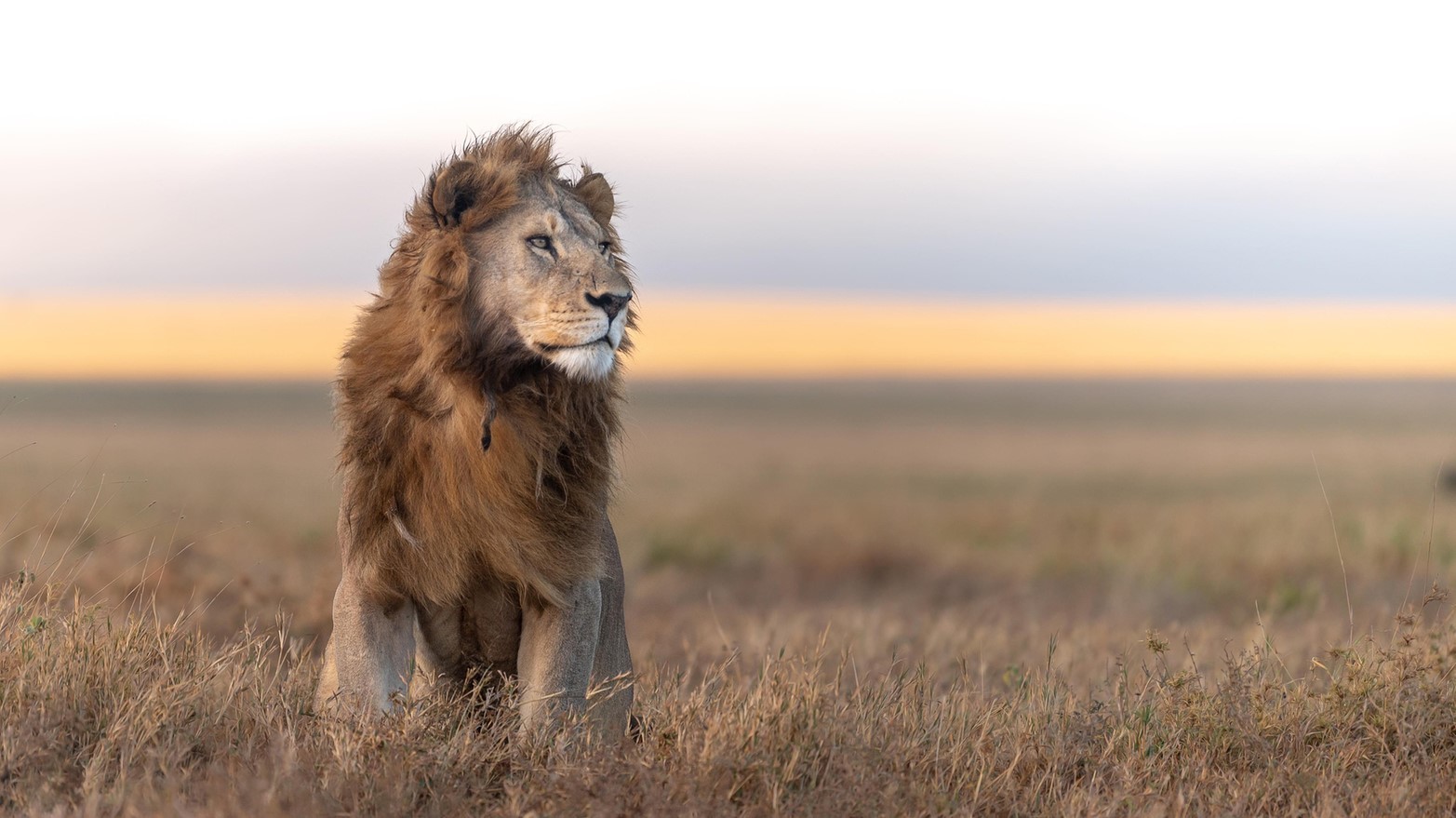
COSTS
THE TIME WE ARE GIVEN IS SHORT
SPEND IT WISELY
Ultimate Africa safaris is about experiencing the best of the best.
From breakfast with a journey of giraffes to walking hand in trunk with a family of elephant for us it's about combining truly unique wildlife experiences with Africa's most stunning lodges and camps.
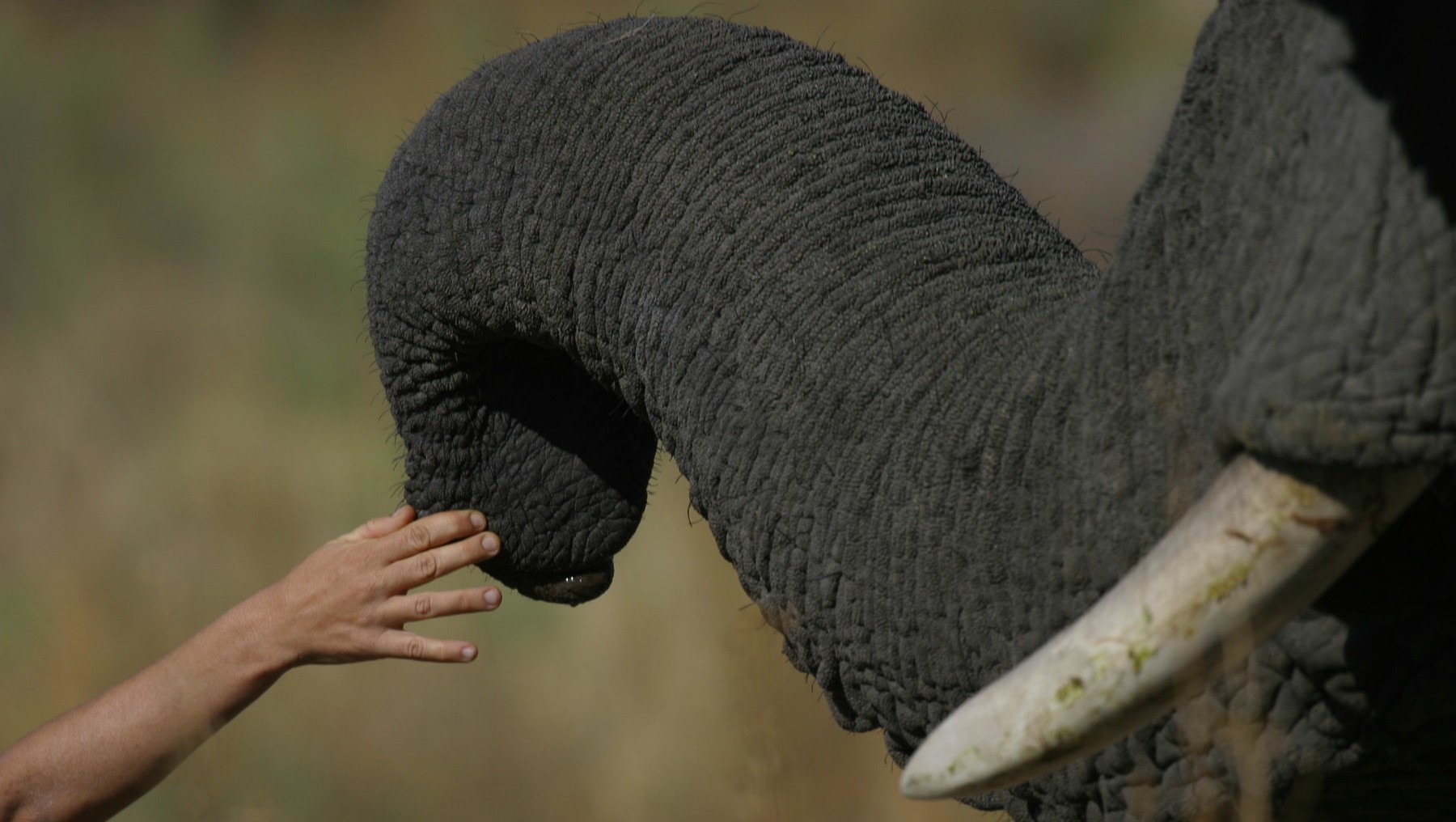
REACH OUT TODAY
WHAT IS YOUR ULTIMATE SAFARI?
Clients often say, "I learned more in 5 minutes on the phone with you than doing months of internet research".
